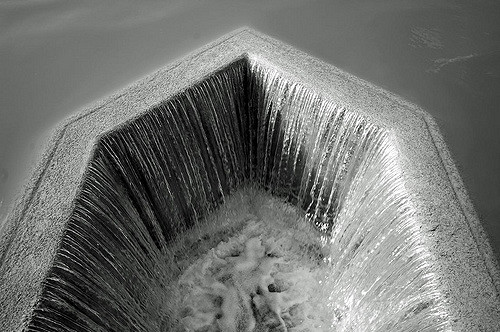
Recent public discussion on defence industry has highlighted the contribution that domestic production of defence capital equipment makes to broader technological development within Australia and, in turn, to economic growth.
Much of the discussion relies on a single proposition, namely that many—or even most—defence capital equipment projects are technically complex. From that, it’s assumed that new knowledge generated as a result invariably ‘spills over’ into other applications and improves Australia’s overall economic outlook. Positive overall economic outcomes are held to arise even if projects attract substantial price premiums for local production.
Defence capital equipment projects rely on some of the most advanced technical knowledge available globally. For example, a submarine is often considered the second most difficult thing in the world to build (the first is a space shuttle). However, the knowledge underpinning that complexity doesn’t necessarily spill over to promote broader economic growth on a significant scale. For spillovers to occur, a number of conditions must hold—conditions that go largely unnoticed in the public debate.
The knowledge in question must not only be new to the defence project that it’s being developed for or applied in, but also new (or at least in short supply) to the economy as a whole. It must be able to move easily from that project into other projects and other industries. When a price premium is paid, the contribution to economic growth associated with the knowledge spillovers from a project should ideally exceed the contribution that would accrue if the premium was put to another purpose. A brief review of these conditions suggests the need for caution.
If only new knowledge is used to build defence capital equipment, the cost, quality, performance and even safety of that equipment might be placed at risk. So, in practice, only a portion of the total cost of a project might be ascribed to knowledge creation and its potential spillover effects. Even if new to the Australian economy, some knowledge might be so specialised that it has few alternative uses.
Some new knowledge might be sensitive from a military-strategic standpoint and therefore off limits to others. And any new knowledge could be at least partly owned by companies supporting defence projects, providing them with a competitive commercial advantage. To maintain their market positions, those companies have an incentive to keep their intellectual property to themselves. In a sense, spillovers depend on new knowledge escaping from its owners.
Wider distribution could depend on surrounding industry clusters, which may or may not exist. In the absence of clusters, it might be necessary for defence-oriented companies to have a diversified domestic business structure of their own to disseminate new knowledge to additional users.
To boost national productivity, new knowledge must be available to others at a cost below the value of the benefit it generates. If what a user pays to obtain new knowledge from a defence capital equipment project equals the value it gets from directing that knowledge to new endeavours, one area of the economy simply gains at the expense of another.
Finally, unlike the deliverables from many other types of projects that might add to Australia’s economic growth, defence capital equipment can’t be used by the general public. Try hiring one of the navy’s patrol boats for a spot of commercial fishing, or tapping into Defence’s communication networks to help your business overcome poor NBN coverage.
Defence equipment undoubtedly adds to national welfare, including economic welfare, by helping to defend the country. It may even be a partial antidote to the sluggish economic growth that’s followed the global financial crisis. Nonetheless, the equipment can’t be accessed by individuals or companies to enhance their economic prospects in the same way as some other infrastructure can. In terms of accessibility, more reliable and cheaper electricity generation and distribution, improved telecommunication networks, more efficient transport systems, and better-funded universities and hospitals might all generate larger spillovers.
US and international literature surveys, together with the latest research, indicate that, at best, military expenditure tends to have a neutral economic impact. That’s consistent with limited spillovers and the advantages of alternative forms of prudent public and private investment (noting, too, that the experience of individual countries like Australia and the defence projects it funds can vary from international norms). The little evidence of spillovers from Australian industry participation in the joint strike fighter global supply chain reinforces those findings.
The moral of the story is that, just because domestic production of defence capital equipment relies heavily on high-technology inputs, that doesn’t necessarily mean it’ll catalyse broader innovation and growth. To assume a clear path from defence industry to spillovers and economic growth seems rather optimistic, especially in the absence of a policy strategy for identifying economically efficient forms of spillover facilitation.

